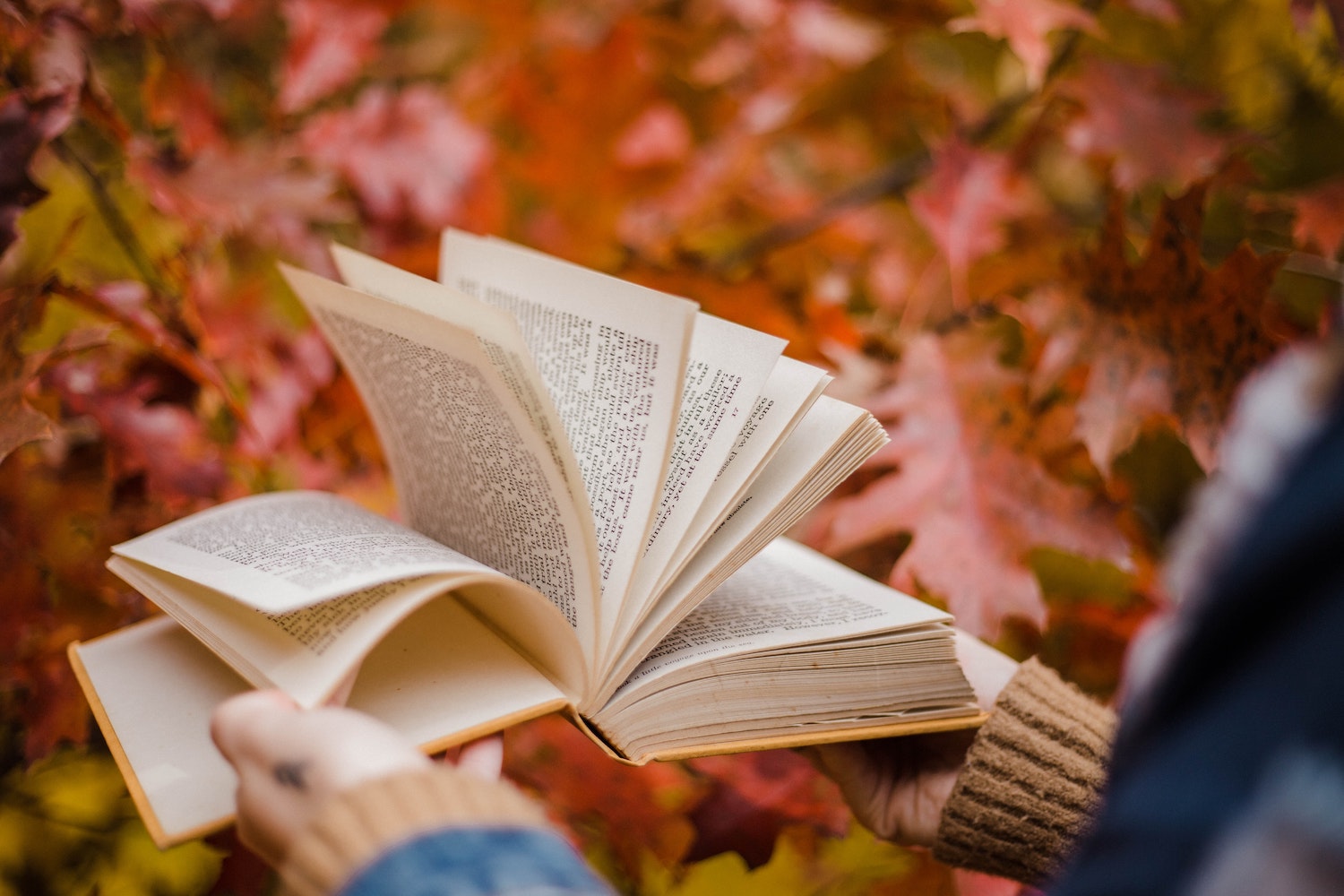Hey TreePeople!
As we’re spending more time at home, we’ve found some really creative ways to keep ourselves enriched and learning during these difficult times.
Some of us have taken the time to get back into hobbies, learn new skills, or catch up on some good reading!
We at TreePeople are excited to share what environmental books we’re reading at home!
Carissa Donahoo, Public/Mental Health Coordinator
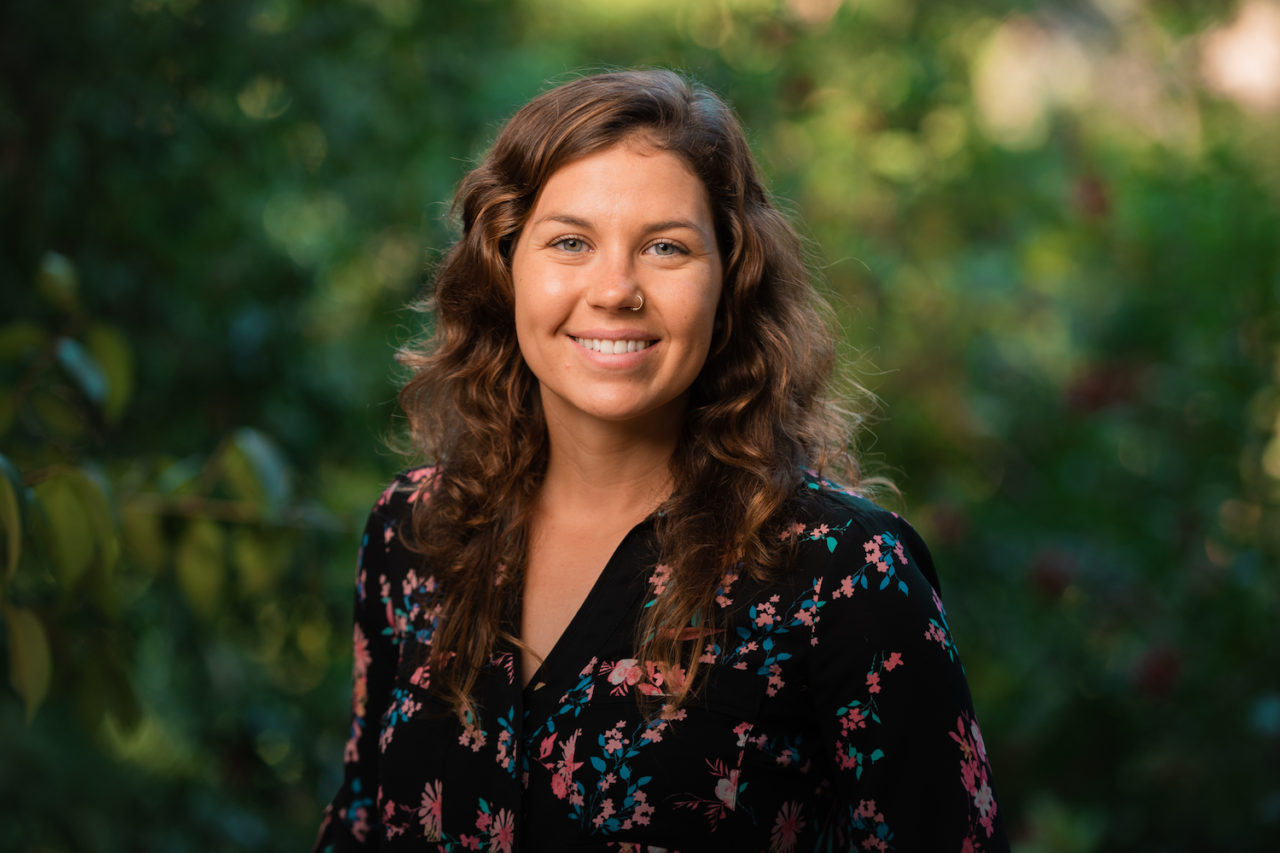
Last Child in the Woods: Saving our Children from Nature-Deficit Disorder by Richard Louv
“This was one of the first books I read that really opened my eyes to why we need nature to be an integral part of our lives. The book gives a great summary of how children’s decreased exposure to nature has led to unhealthy habits across American culture.”
http://richardlouv.com/books/last-child/
Bryan Medina, Community Organizer (Southeast LA)
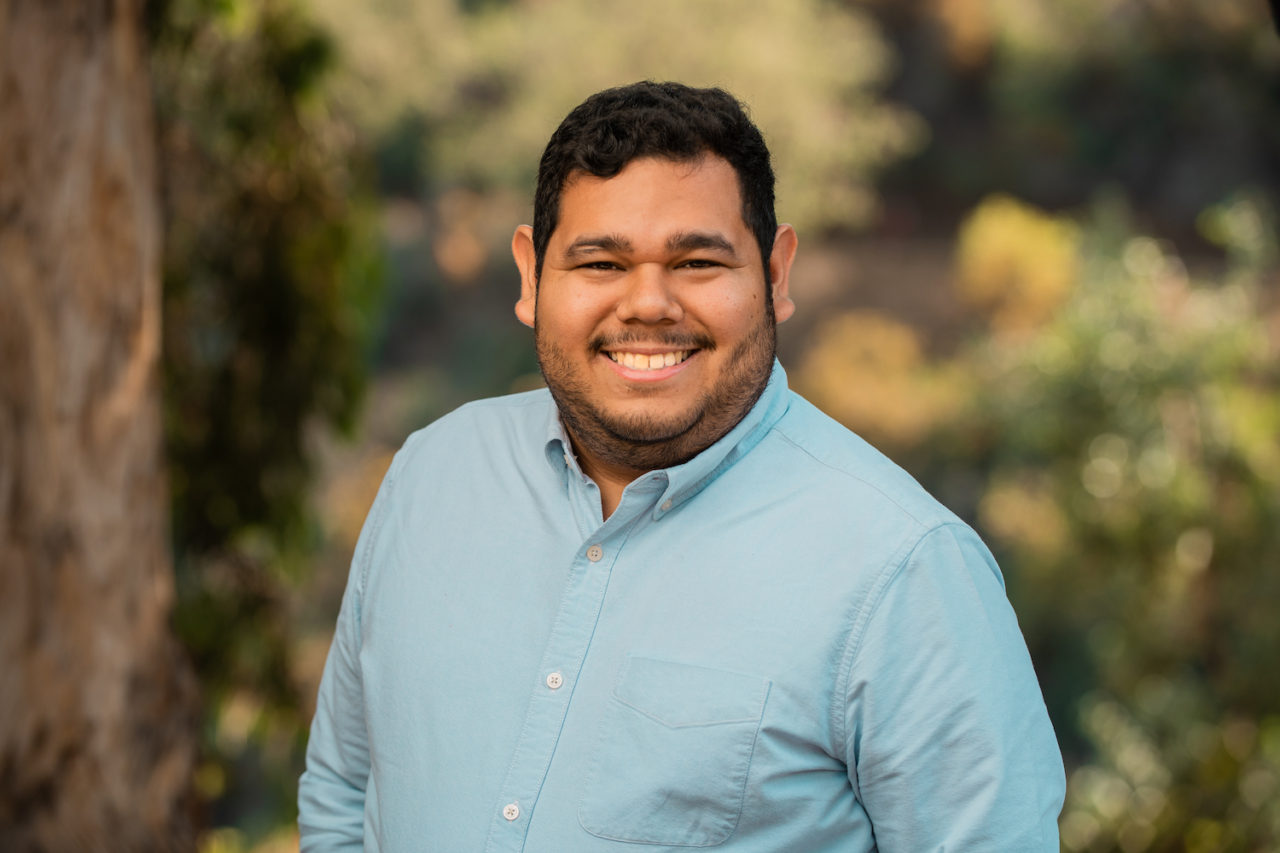
Wild LA by Gregory B. Pauley, Jason G. Goldman, Lila M. Higgins, and Charles Hood
“This was the book that opened my eyes to the urban wilderness of LA and the need to protect these green spaces for wildlife and SoCal residents. Although we live in a highly urbanized area, we need to recognize that we’re part of this unique ecosystem found in a handful of places on earth!”
Loyda Ramos, Education Outreach Manager
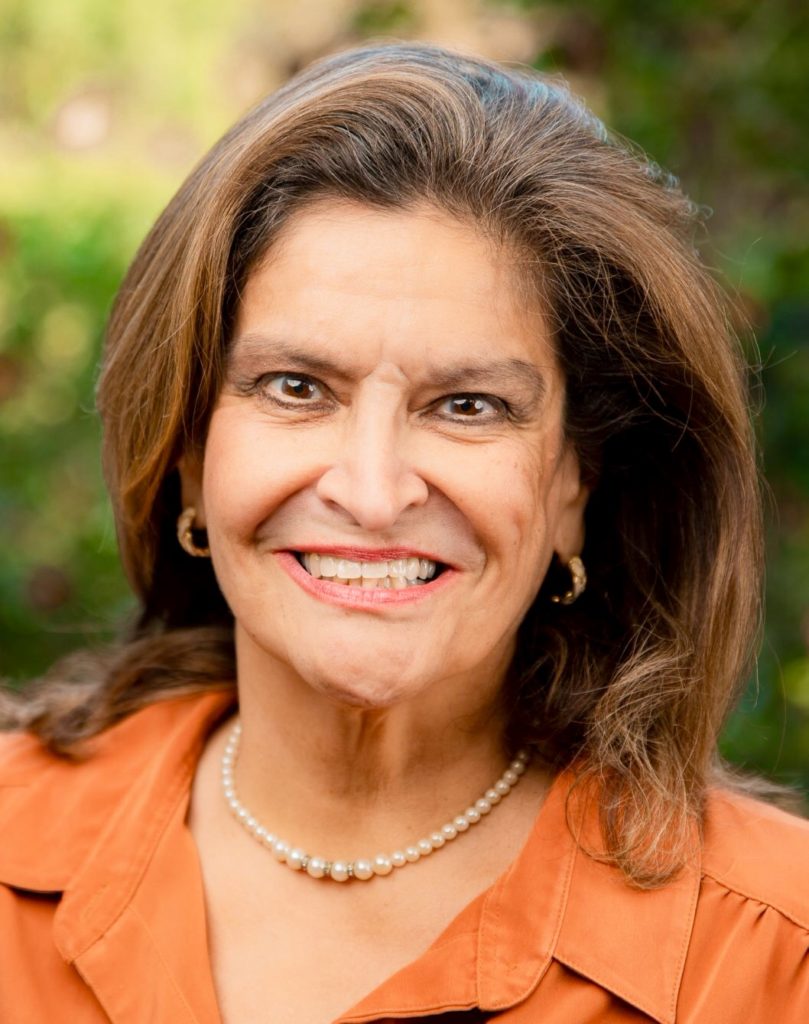
The Jungle Book by Rudyard Kipling
“I love the Jungle Book because it speaks to inclusion!”
https://www.penguinrandomhouse.com/books/313490/the-jungle-books-by-rudyard-kipling/
Jim Hardie, Director of Park Operations
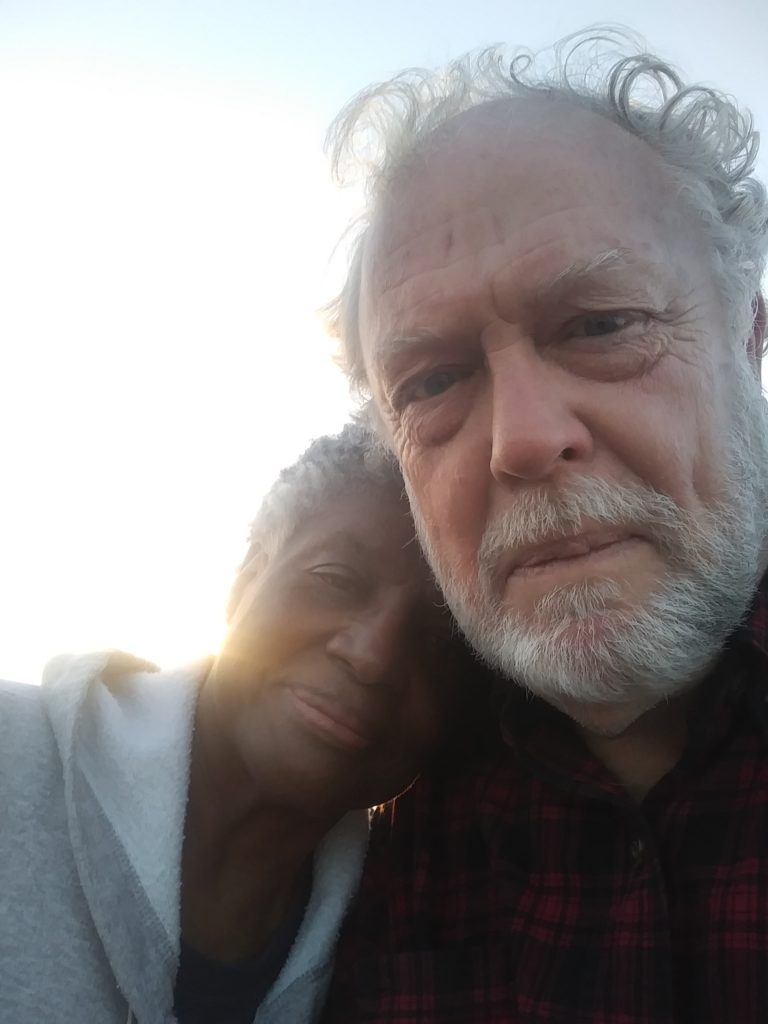
Living the Good Life by Helen and Scott Nearing
“One of the most enjoyably inspirational books I’ve ever read. Terrific, very clearly told, true story of the Nearings’ decades-long experience as “great-grandparents of the back-to-the-land movement,” starting during the Great Depression in the 1930s. Helen Nearing: ‘…A personal search for a simple, satisfying life on the land, devoted to mutual aid and harmlessness, with an ample margin of leisure in which to do personally constructive and creative work.‘
One reviewer originally called it ‘…an underground bible for the city-weary.‘ And it might be hugely inspirational once again to a new generation of readers during these incredibly difficult times.”
https://www.goodreads.com/book/show/2829865-living-the-good-life
Miguel Vargas, Community Organizer (Southeast LA)
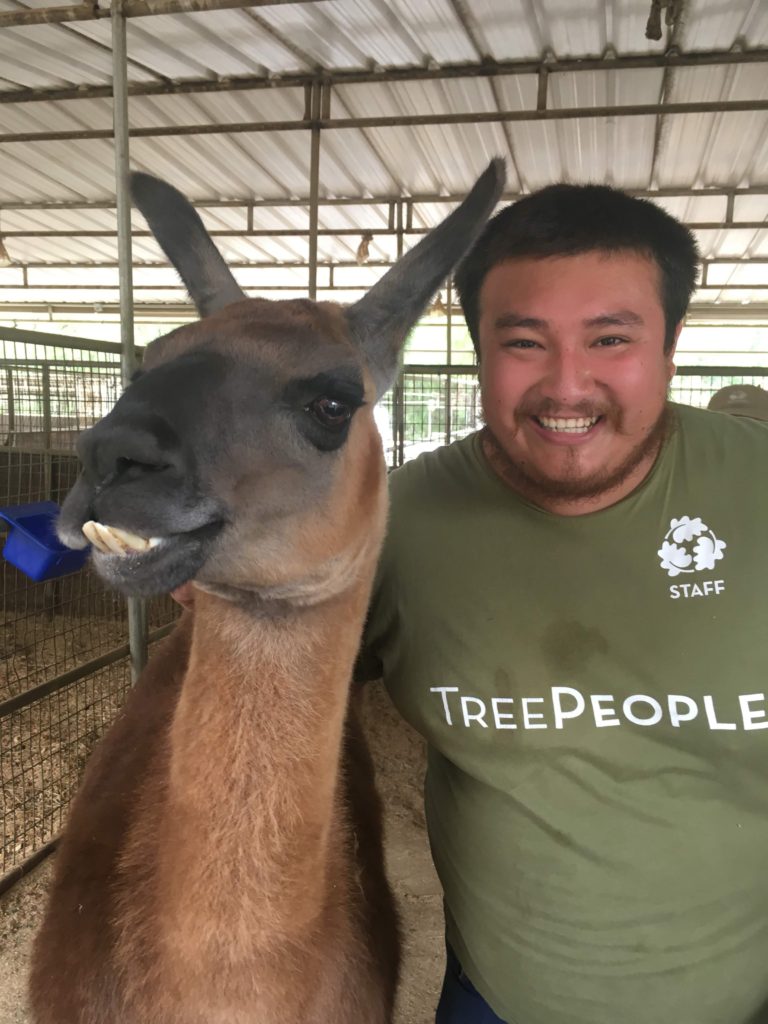
The Lorax by Dr. Seuss
“For me, The Lorax, even though it’s a children’s book, is a fun piece of literature that the whole family can read. You also get to know what happens when you disrupt the environment and why it is important to protect it.”
https://www.penguinrandomhouse.com/books/43157/the-lorax-by-dr-seuss/
Kalie Ortiz, Community Outreach Coordinator (Southeast LA)
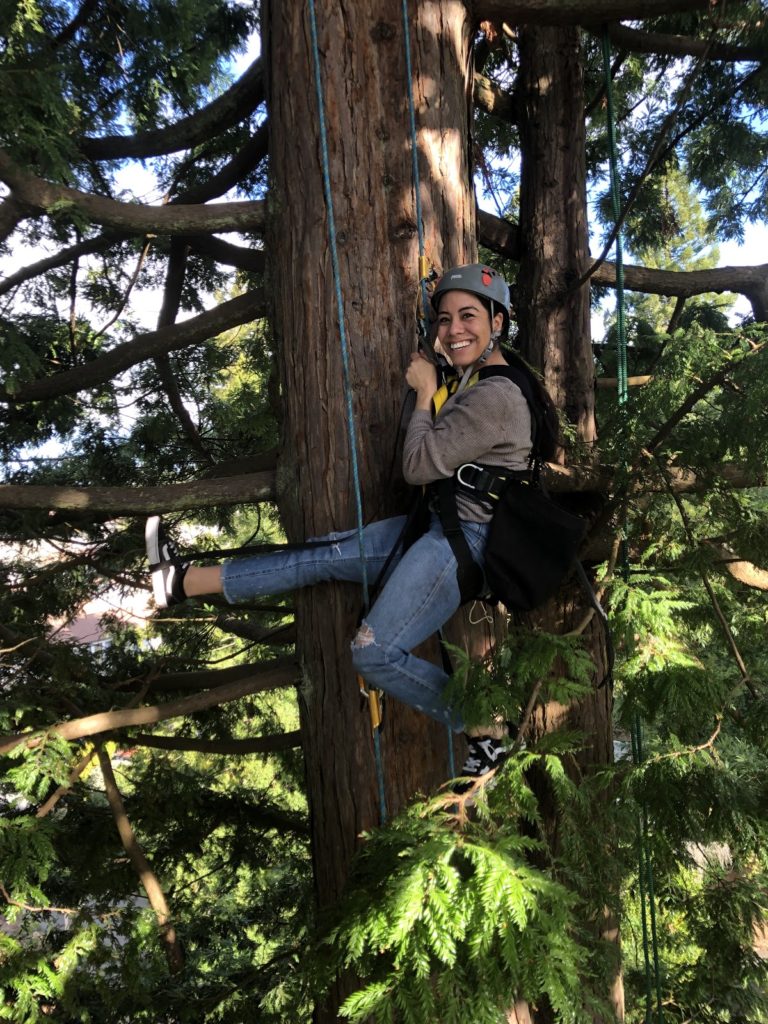
Replenish-The Virtual Cycle of Water and Prosperity by Sandra Postel
“This is my favorite environmental book because it’s easy to follow even if you aren’t science savvy and has great stories within it that make you feel like you’re there with the author. This book is a refreshing narrative on the fate of water in the west, with real experiences and tangible solutions from Sandra Postel, who is also one of my idols.”
https://islandpress.org/books/replenish
Luis Rodriguez, Volunteer and Community Engagement Lead
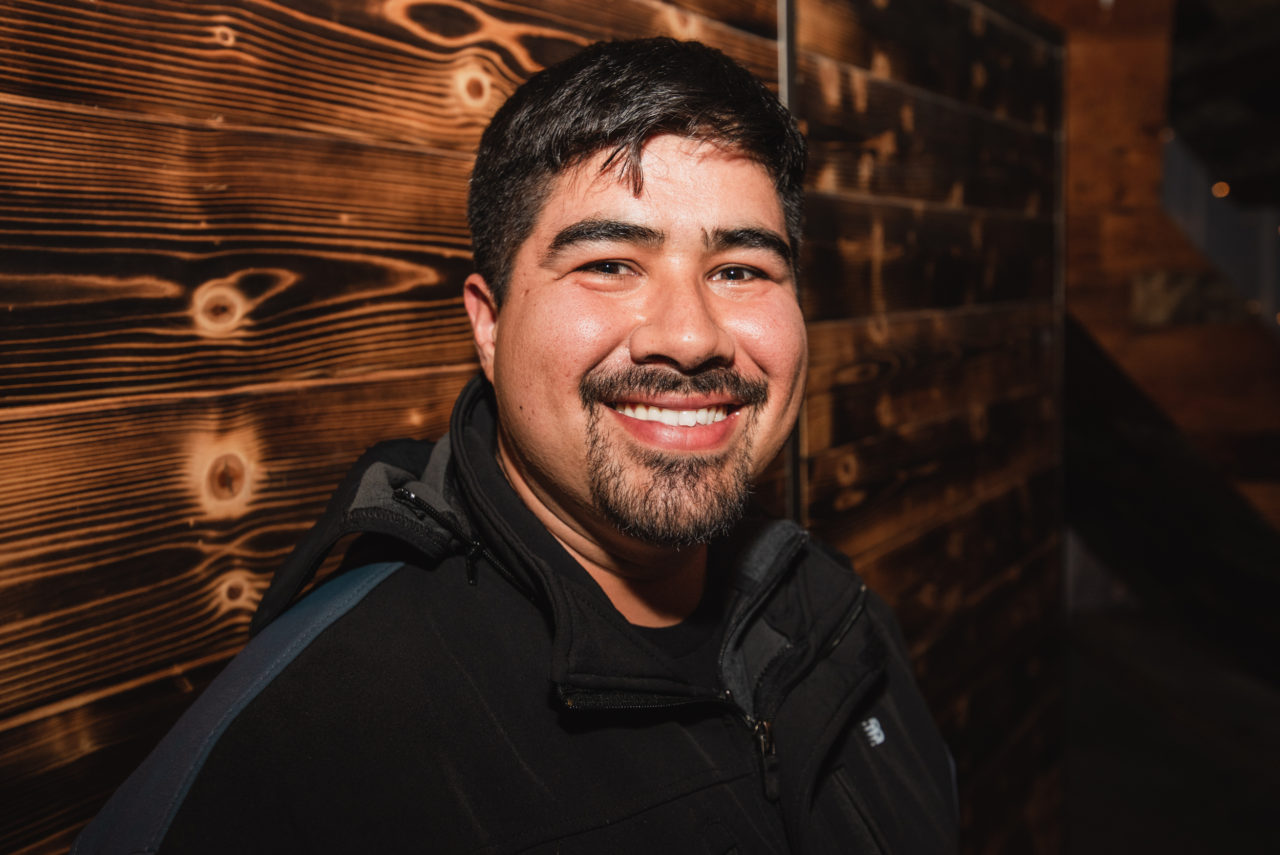
The Thomas Guide by Thomas Maps Co.
“I chose the Thomas Guide because growing up, I felt limited in being able to travel. I stayed in Inglewood for everything. When I turned 16 and started driving, the first thing I wanted to do was to explore my neighborhood. Once I familiarized myself with maps, I stopped being scared of getting lost. I started visiting more beaches, doing more sightseeing, and appreciating urban and suburban landscapes. This didn’t provide perspective on societal, governmental, or systemic factors that limited my access to open space. I started that process in college. The Thomas Guide, however, allowed me to explore outside of my urban environment and see that the world was bigger than just my zip code in my junior and senior years of high school.”
Peter Massey, Contracts Compliance Manager
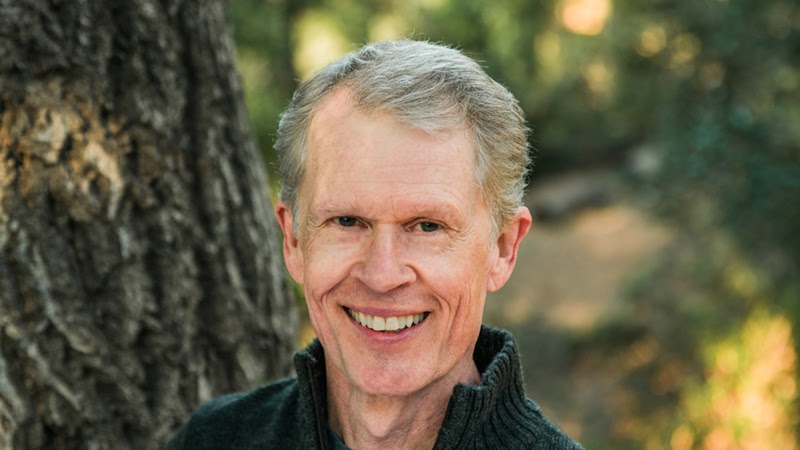
Silent Spring by Rachel Carson
“This book started everything to help us understand the damaging impact we’ve designed into modern society and is still very relevant today, 60 years later.”
https://www.rachelcarson.org/SilentSpring.aspx
Nathan Bock, Park Assistant
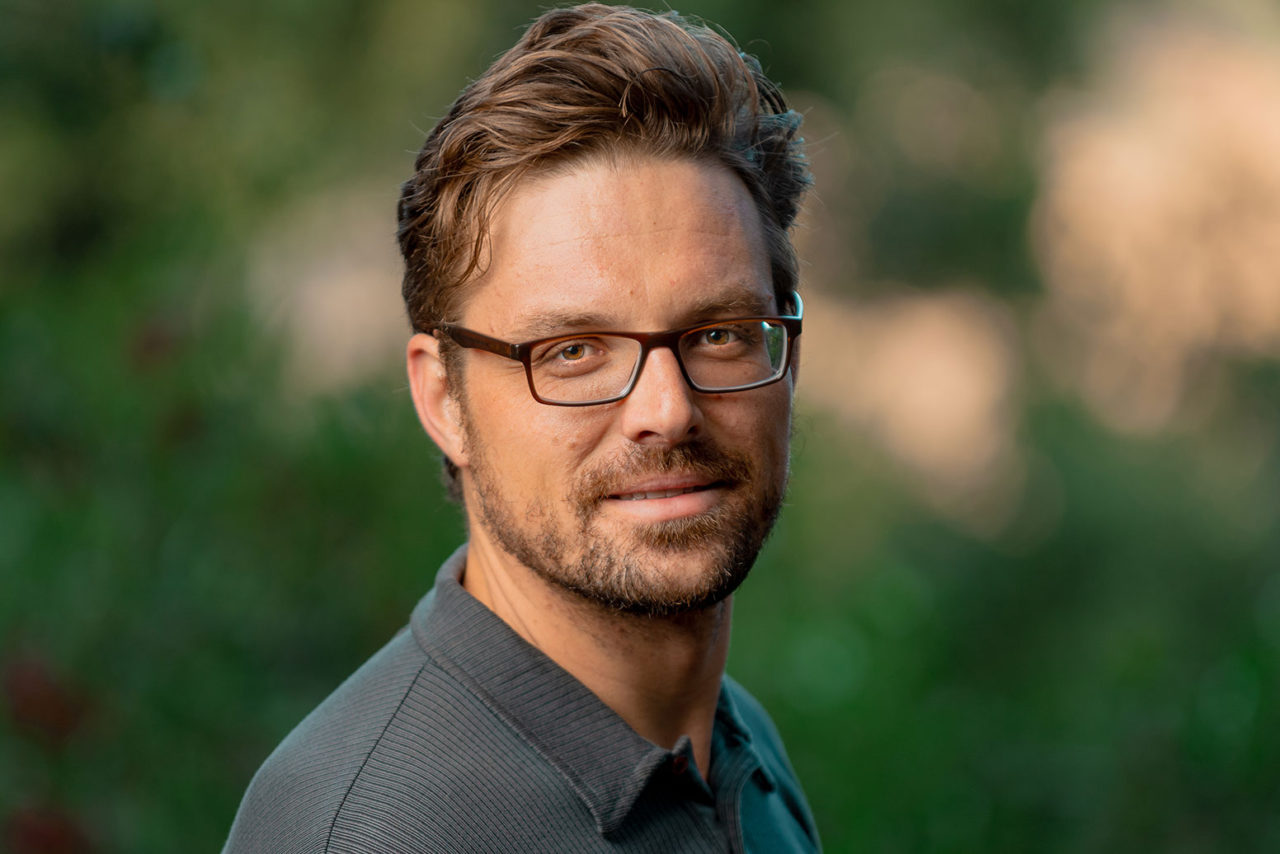
Ishmael by Daniel Quinn
“It’s not a science text with lots of facts, rather it engages emotion and myth to connect to the deepest parts of our human psyche, and shows us ourselves from a perspective we don’t often consider, and ends by offering a vision for a future of hope and meaning.”
https://www.ishmael.org/books/the-book/
Emi Kusayanagi, Youth Leadership Coordinator
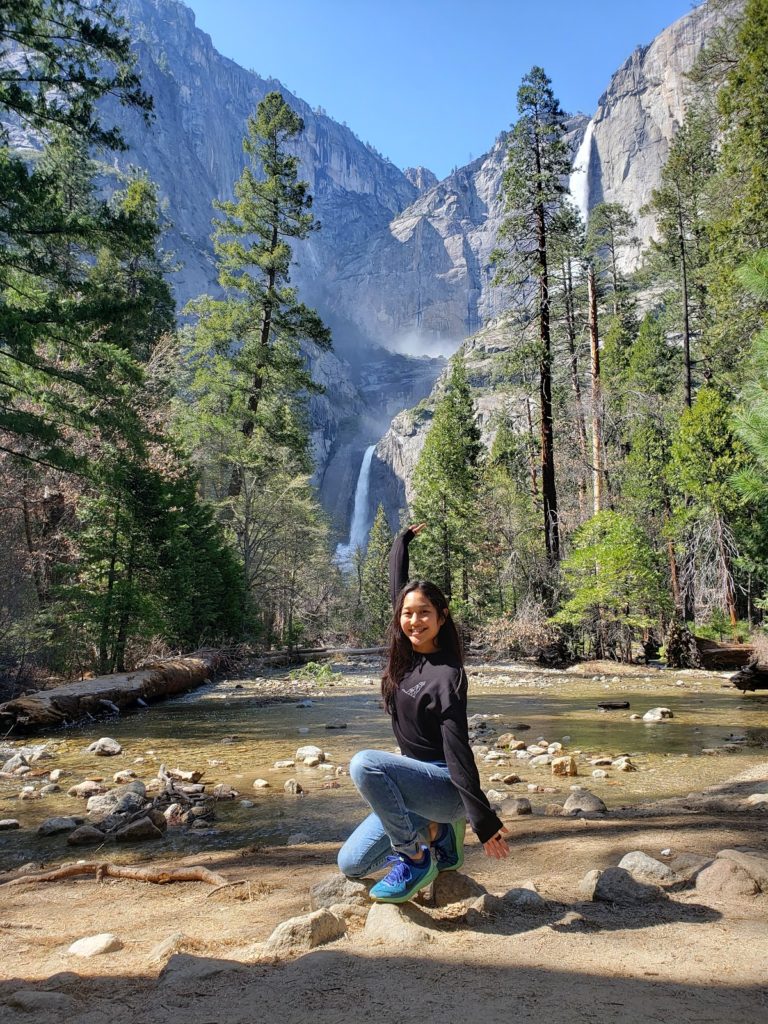
The Secret Life of Plants by Peter Tompkins and Christopher Bird
“It’s a book that explores plant intelligence and sentience in response to human nurture and care. It was published in 1973 so it’s a bit out there and I’m not sure how credible the research included in it is today, but it’s a fascinating read that takes your perspective outside of the box (and you’ll start talking to plants after you read it!)”
https://www.harpercollins.com/9780060915872/the-secret-life-of-plants/
Edith de Guzman, Director of Research
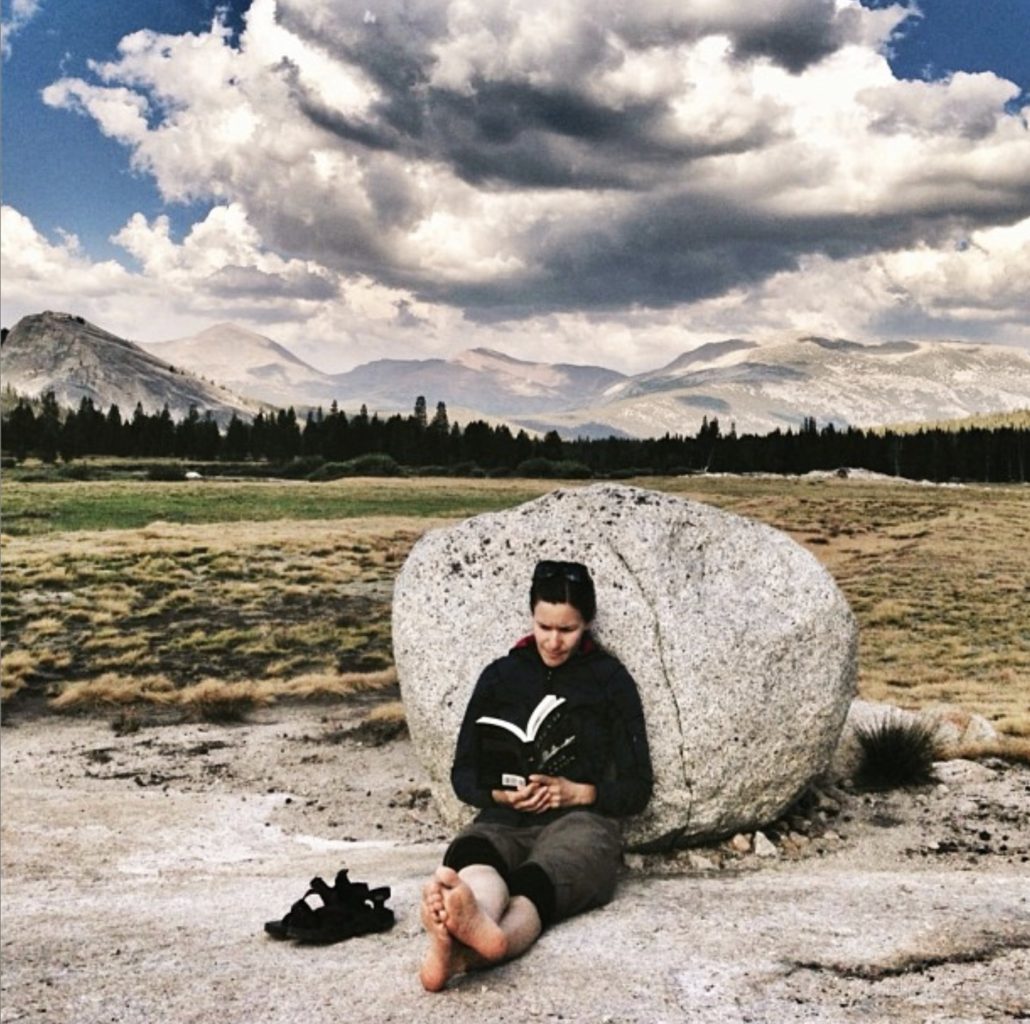
Desert Solitaire by Edward Abbey
“Tons of irreverent wit and wisdom rolled into one package!”
https://www.penguinrandomhouse.com/books/100/desert-solitaire-by-edward-abbey/
John “Jack” Smith, Nursery Manager
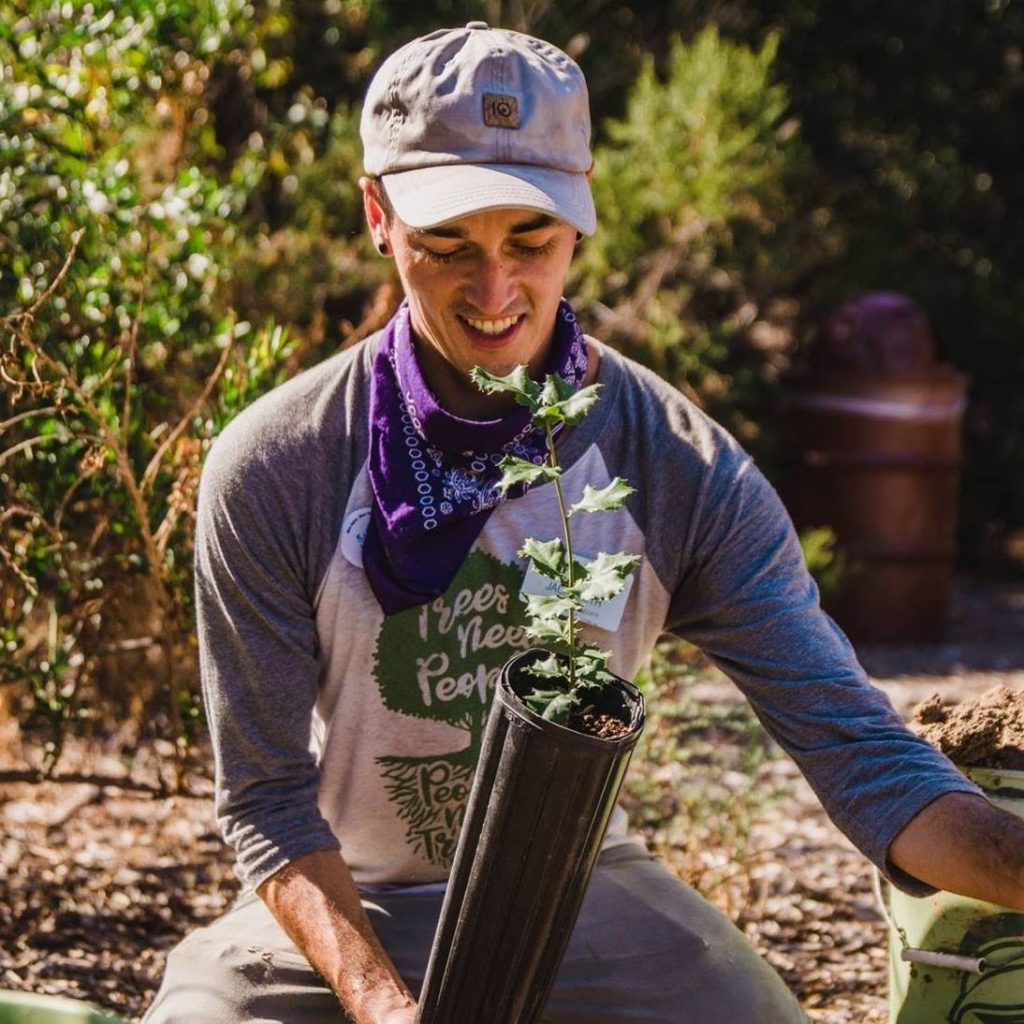
The Omnivore’s Dilemma by Michael Pollan
“Pollan’s book does a great job of exposing problems with our industrial food complex while highlighting the revival of ethical food systems.”
https://michaelpollan.com/books/the-omnivores-dilemma/
Maria Adame, Youth Leadership Coordinator
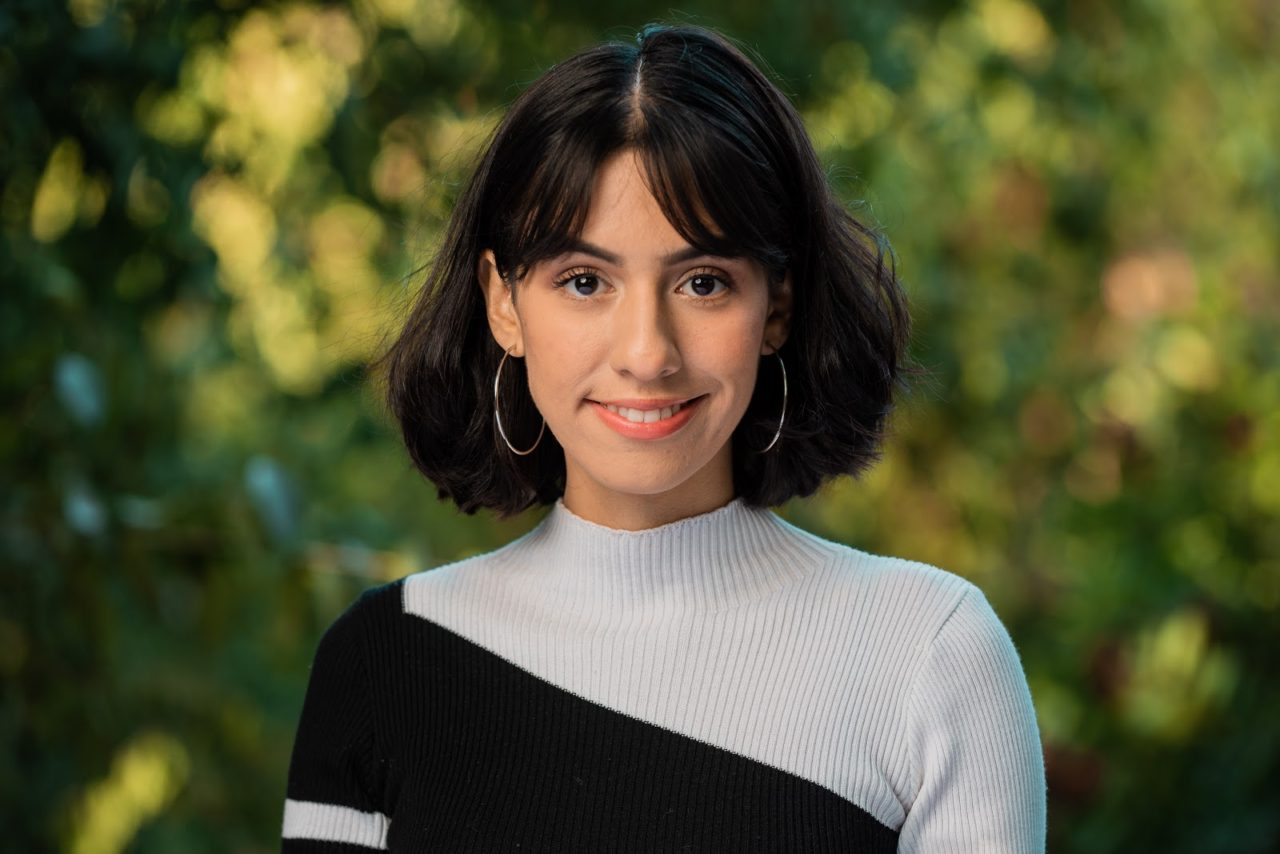
Dune by Frank Herbert
“While many might not consider it to be an environmental book, I would argue that it is. It touches on the importance of the preservation of the natural environment and touches on the hardships of living with the repercussions of an unsustainable past. Despite being a work of fiction, I think there is a lot to be learned of the way in which natural resources, like water, are perceived by the characters living in a grim, but hopeful, future.”
https://www.dunenovels.com/novel/dune
Caitlin Dulaney, Environmental Education Contract Coordinator
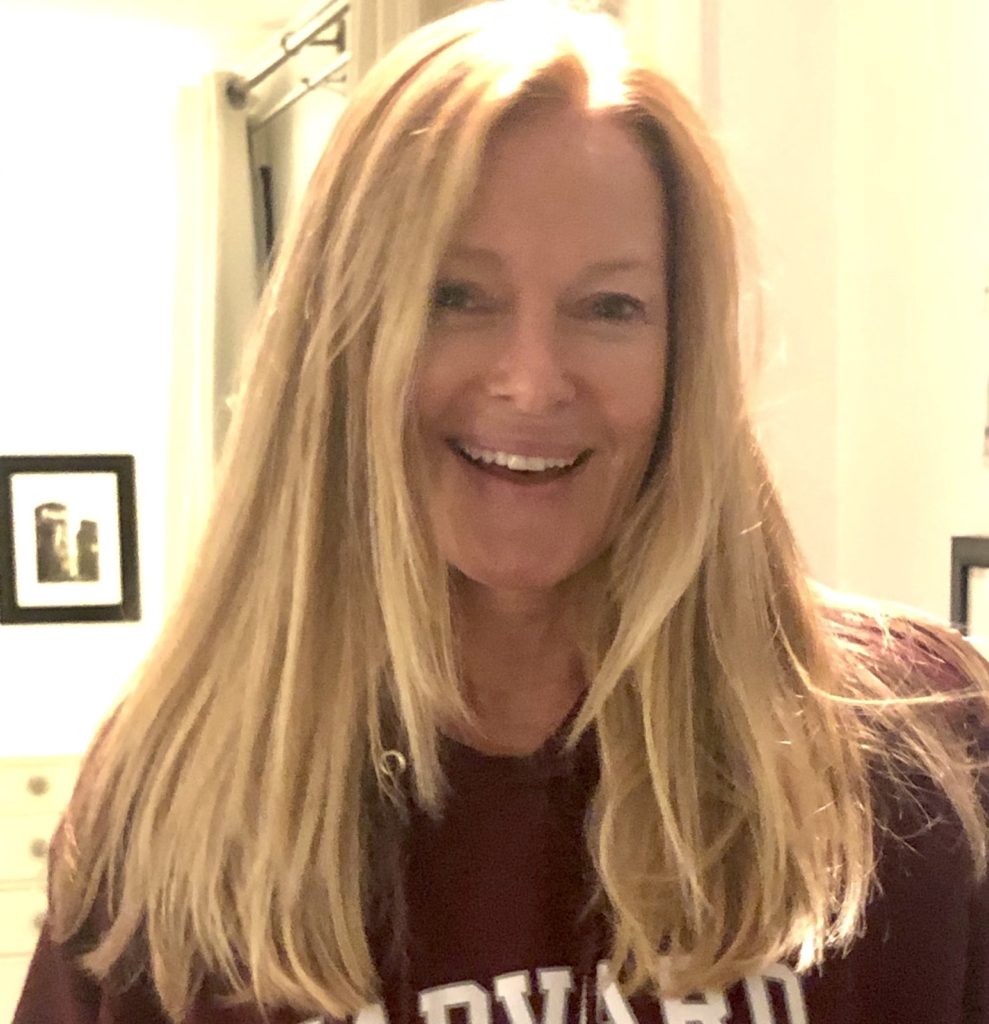
How to Give Up Plastic By Will McCallum
It’s practical, hopeful and aspirational and I’d like to see a lot less plastic in the world!
https://www.penguinrandomhouse.com/books/607258/how-to-give-up-plastic-by-will-mccallum/

